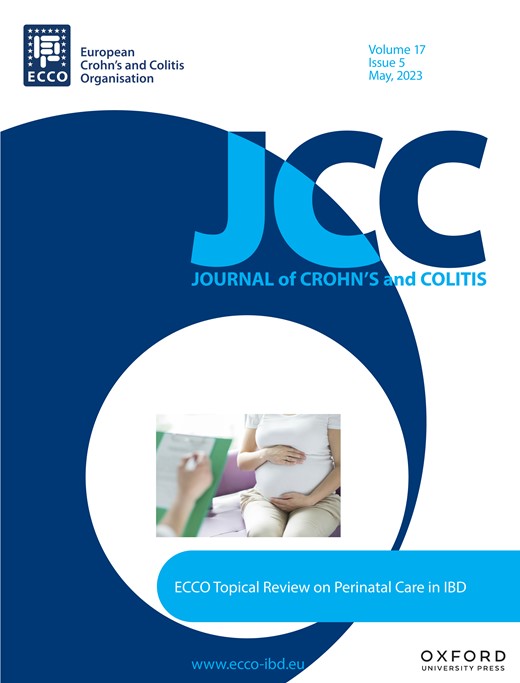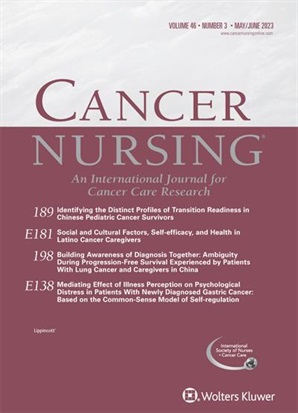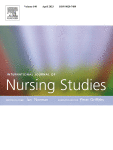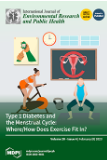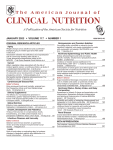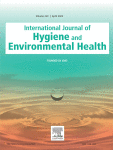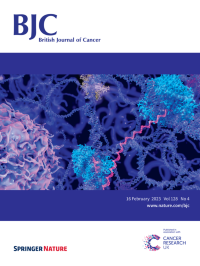“You knew you had to be there, it had to be done”: Experiences of health professionals who faced the COVID-19 pandemic in one public hospital in Spain
Introduction: The COVID-19 pandemic highlighted the lack of a government contingency plan for an effective response to an unexpected health crisis. This study uses a phenomenological approach to explore the experience of healthcare professionals during the first three waves of the COVID-19 pandemic in a public health hospital in the Valencia region, Spain. It assesses…




